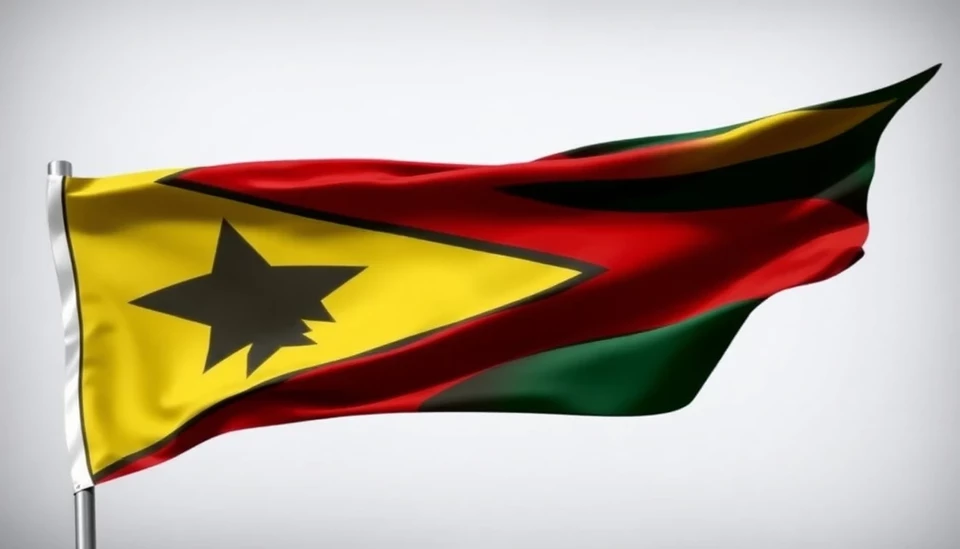
In a significant development for Zimbabwe's economic landscape, prominent retail figure, OK Zimbabwe, has officially called for the government to enable a free float of the Zimbabwean Dollar (ZWL) exchange rate. This appeal comes amidst ongoing economic turbulence that has seen the local currency struggle against the US dollar, significantly impacting local businesses and consumer prices.
OK Zimbabwe's Chief Executive Officer, Willard Zireva, highlighted the detrimental effects of the fixed exchange rate system on retailers and consumers alike. The current rigid framework has led to uncertainty within the market, with many businesses unable to access foreign currency, thus hampering their operations and supply chains. Zireva stated that a flexible exchange regime would not only stabilize the economy but also promote fair competition and enhance the overall investment climate in the country.
The need for a re-evaluation of Zimbabwe's currency strategy has become increasingly pressing as inflation rates soar, pushing many consumers into a corner. The retail sector, which heavily relies on imported goods, has been particularly affected, as businesses struggle to contend with soaring operational costs while trying to keep prices manageable for consumers.
In recent years, the Zimbabwean economy has grappled with hyperinflation, resulting in mounting pressure on the government to stabilize the currency. Efforts to shore up the ZWL have seen the Reserve Bank of Zimbabwe intervene periodically, yet these measures have often been met with skepticism from economists and business leaders. The rigid exchange rate control has not only fostered a black market for foreign currency but has also widened the gap between the official and parallel market rates, leaving retailers in a precarious position.
Industry experts agree that a free-floating exchange rate would facilitate more accurate pricing models for businesses and ease the financial burden on consumers, who have felt the pinch of rising costs in recent months. By allowing market forces to dictate the value of the currency, businesses anticipate that they would be better equipped to manage their pricing and operations without the inconsistencies caused by government interventions.
As the call for a free float gains traction, the governmental response remains critical. Analysts warn that without significant policy changes, the retail sector and, by extension, the economy at large, may continue to face challenges that could exacerbate already high rates of unemployment and poverty.
Moving forward, the Zimbabwean government will need to weigh the implications of such changes carefully, balancing the interests of local businesses against the potential volatility that may accompany a more liberalized currency regime. Stakeholders across the nation will be watching closely as developments unfold, hopeful for concrete action that reflects the current economic realities.
The situation remains fluid, and with the retail sector advocating for necessary reforms, one can only anticipate how these discussions will shape the future of Zimbabwe's economic policies.
#Zimbabwe #OKZimbabwe #CurrencyReform #RetailSector #EconomicGrowth #ExchangeRate #Inflation
Author: Laura Mitchell




